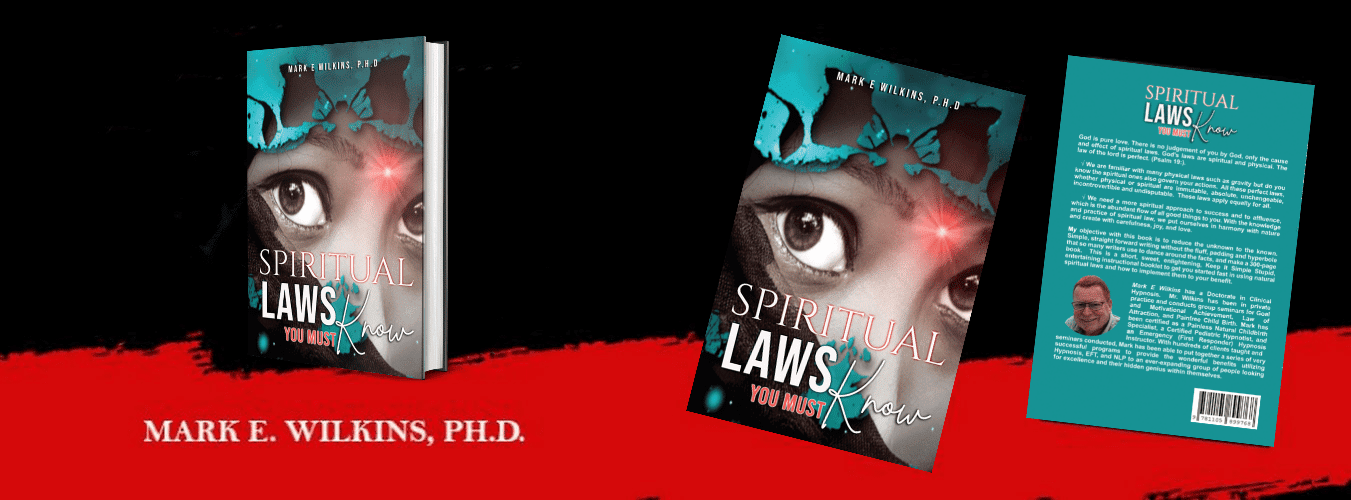
Prayer and ethical decision-making are inextricably linked, serving as essential elements for individuals facing moral dilemmas. By integrating prayer, one invokes a higher sense of moral reflection and guidance, which underpins ethical judgments and guarantees alignment with spiritual values. Ethical decisions supported by prayer not only adhere to personal integrity but also reflect broader divine principles. Engaging further in this dialogue may greatly enhance one's understanding of its profound implications in real-world application.
Key Takeaways
- Prayer enhances ethical decision-making by fostering reflection and connection to higher moral standards.
- Integrating prayer with ethical dilemmas promotes decisions aligned with personal and spiritual values.
- Biblical wisdom, accessed through prayer, provides a moral compass for navigating complex choices.
- Prayerful reflection helps in understanding the broader implications of ethical decisions, ensuring responsible actions.
- The practice of prayer supports the development of virtues like honesty and compassion, crucial for ethical consistency.
The Symphony of Ethical Decision-Making and Prayer

In the intricate dance of life's decisions, ethical decision-making and prayer harmoniously intertwine, much like a well-conducted symphony.
Ethical dilemmas often present complex choices where the right path is not immediately clear. Prayer practices serve as an essential tool in this process, offering a moment of reflection and connection with higher moral standards.
This combination aids individuals in traversing the moral landscape, ensuring that their decisions align with both personal integrity and spiritual values. Through prayer, people seek wisdom and guidance, thereby enhancing their ethical compass and nurturing a deeper understanding of the moral implications of their choices.
Harnessing Biblical Wisdom for Everyday Choices
Harnessing Biblical wisdom for everyday choices not only provides spiritual guidance but also instills a framework for moral clarity. This approach involves integrating biblical principles into daily life, offering a steadfast guide to ethical behavior.
By adopting these ancient teachings, individuals gain daily guidance that helps in maneuvering complex moral landscapes. Biblical wisdom, encapsulated in scriptures, serves as a moral compass, directing actions towards righteousness.
Employing this wisdom guarantees decisions align with divine values, promoting a life of integrity and ethical consistency. Consequently, biblical principles become essential tools, shaping decisions and fostering spiritual and moral growth in everyday life.
The Role of Prayer in Enhancing Ethical Judgments

While ethical decision-making often relies on personal and societal norms, the integration of prayer significantly enhances the depth and discernment of such judgments.
Prayer intentions serve as a reflective pause, allowing individuals to contemplate the moral dimensions of their choices amidst ethical dilemmas. This spiritual practice contributes to a heightened awareness of ethical implications, fostering a conscientious approach to decision-making.
By invoking divine guidance, individuals seek not only to resolve dilemmas but also to align their actions with broader moral principles.
Consequently, prayer enriches the ethical decision-making process, infusing it with a deeper sense of moral responsibility and integrity.
From Scriptures to Decisions: Building Character Through Ethics
Drawing upon scriptural teachings, individuals can forge a character steeped in ethical integrity and moral resilience. This process involves maneuvering through ethical dilemmas, where the scriptures provide a foundational compass.
The resolution of these dilemmas promotes character growth, as choices made in alignment with divine principles shape one's moral and ethical framework. Each decision reinforces or remodels one's character architecture, embedding virtues such as honesty, compassion, and fortitude.
Consequently, the continuous engagement with scriptural values in decision-making not only resolves immediate ethical conflicts but also cultivates a robust character capable of withstanding future ethical challenges.
The Impact of Godly Counsel in Making Right Choices

As individuals navigate the complexities of ethical decision-making, the role of godly counsel cannot be overstated.
Godly wisdom provides vital insights that guide choices in alignment with moral and spiritual values, ensuring decisions are not only beneficial but righteous.
- Biblical Guidance: Scriptures offer foundational principles for resolving ethical dilemmas.
- Mentorship: Experienced spiritual leaders impart wisdom derived from their life and faith.
- Community Support: Collective insight from a faith community enhances perspective.
- Prayerful Reflection: Encourages alignment with divine will in decisions.
- Moral Accountability: Godly counsel promotes responsibility and integrity in decision-making processes.
Frequently Asked Questions
How Can Beginners Start Integrating Prayer Into Their Decision-Making?
Beginners can integrate prayer into decision-making by adopting prayer techniques that foster decision clarity. Utilizing reflective journaling aids in documenting insights from spiritual guidance, enhancing the analytical understanding of choices made.
What Are the Psychological Benefits of Ethical Living?
Ethical living enhances psychological well-being by fostering mental clarity and reducing stress. This lifestyle promotes consistent alignment with personal values, contributing to a stable and content mental state, thereby improving overall life satisfaction.
Can Ethical Decision-Making Improve Personal Relationships?
Ethical decision-making enhances personal relationships by fostering trust building and effective conflict resolution. It promotes transparency and fairness, which are essential for deepening bonds and resolving disagreements constructively and respectfully.
How to Discern When Advice Contradicts Personal Ethics?
"When in Rome, do as the Romans do" may falter in ethical dilemmas where advice contradicts personal ethics. Analyzing value conflicts objectively, one should prioritize integrity over conformity, ensuring decisions align with core moral beliefs.
What Are Examples of Unethical Decisions in the Bible?
The current question explores unethical decisions in the Bible, focusing on examples such as David's adultery with Bathsheba and Judas' betrayal of Jesus, highlighting moral failures and their profound consequences in a historical-religious context.
Conclusion
In summary, "Prayers and Ethics: A Decision-Making Duo" masterfully reveals the monumental impact of combining spiritual supplication with moral rigor. This integration not only skyrockets the effectiveness of personal decision-making but also practically guarantees a life navigated with unparalleled wisdom and integrity. By embracing this dual approach, individuals can potentially transform their lives into exemplars of ethical excellence, guided by the divine light of profound spiritual insight and unshakeable moral fortitude.

